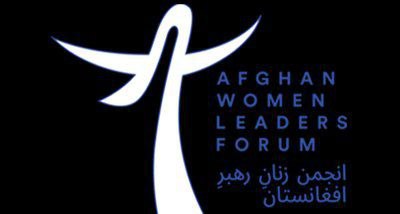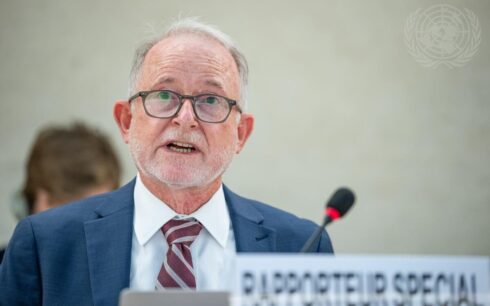March 8 marks International Women’s Day (IWD), celebrated worldwide under the theme “For ALL Women and Girls: Rights. Equality. Empowerment.”
The United Nations officially recognized IWD in 1977, though its origins trace back to the early 20th-century labor movements in North America and Europe. The day is observed in many countries as a moment to recognize women’s achievements across social, economic, political, and cultural spheres, regardless of national or ethnic divisions.
Women’s Day in Afghanistan: Marked by Repression
In Afghanistan, however, women mark the day under some of the world’s most oppressive restrictions. The Taliban have imposed sweeping bans on education, employment, and freedom of movement, barring women and girls from attending school beyond sixth grade and restricting them from working or traveling without a male guardian.
Under the Taliban’s “Vice and Virtue” law, approved by Supreme Leader Hibatullah Akhundzada in August 2024, women’s voices have been effectively silenced in public spaces.
Calls for Action Against Gender Apartheid
Human rights activists, including U.N. Special Rapporteur on Afghanistan Richard Bennett, have called for the formal recognition of “gender apartheid” in Afghanistan, urging international action against Taliban policies.
Afghan women speaking to Amu TV expressed deep concern over the violation of their rights, calling on the global community to hold the Taliban accountable.
A Growing Global Movement
Since its early years, International Women’s Day has grown into a global movement, amplified by four U.N. women’s conferences that have helped advance gender equality worldwide. The day remains a rallying point for advocacy, promoting women’s participation in political and economic life.
Despite setbacks in countries like Afghanistan, activists continue to push for women’s rights, using March 8 as a platform to demand change, accountability, and global solidarity.





